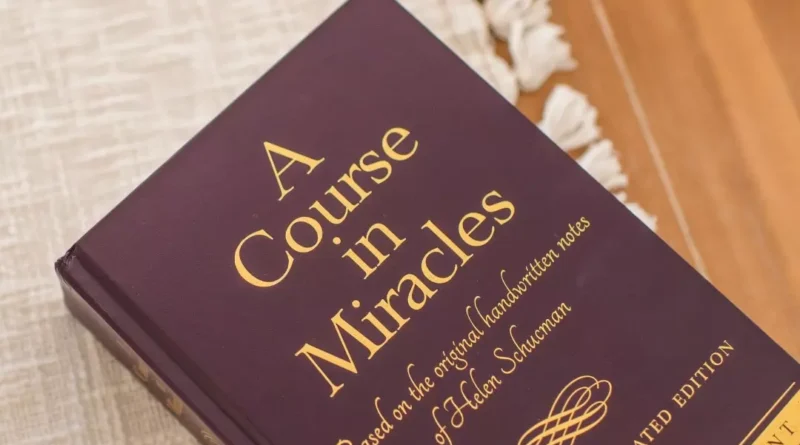A Comprehensive Overview of A Course in Miracles (ACIM)
A Course in Miracles (ACIM) is a spiritual guide that has garnered widespread attention and acclaim for its transformative teachings. Developed by Helen Schucman and William Thetford in the 1970s, ACIM offers a unique approach to spiritual enlightenment and inner peace. This article provides a comprehensive overview of ACIM, exploring its origins, core principles, and the impact it has had on individuals seeking a deeper understanding of life and spirituality.
Origins of ACIM:
ACIM originated from the collaboration between Helen Schucman, a psychologist, and William Thetford, her colleague. Schucman claimed to receive inner dictation from an inner voice, identified as Jesus Christ, which guided her in the creation of the course. The process spanned seven years, resulting in the completion of the three main components of ACIM: the Text, the Workbook for Students, and the Manual for Teachers.
Core Principles:
- Forgiveness as the Key: Central to ACIM is the concept of forgiveness as the pathway to inner peace. It emphasizes the release of grievances and judgments, viewing forgiveness not as condoning actions but as a means to transcend the ego’s divisive nature.
- Illusion of Separation: ACIM challenges the conventional perception of reality by asserting that the world we see is an illusion. It suggests that our true essence is beyond the physical realm, and recognizing this illusion is crucial for spiritual awakening.
- Mind Training through the Workbook: The Workbook for Students, one of the main components of ACIM, consists of 365 lessons designed to shift the practitioner’s perception and cultivate a mindset aligned with love and forgiveness.
- Holy Spirit as Guide: ACIM introduces the concept of the Holy Spirit as a guide to help individuals navigate their spiritual journey. This inner teacher aids in discerning between the ego’s deceptive thoughts and the truth inherent in one’s higher self.
Impact on Individuals:
ACIM has had a profound impact on countless individuals worldwide. Guiding them toward spiritual transformation and a deeper understanding of themselves and others. Many have reported experiencing shifts in perception, increased inner peace. A heightened sense of purpose as a result of practicing ACIM principles.
Challenges and Criticisms:
While ACIM has gained a devoted following, it has not been without its critics. Some argue that its teachings are too abstract or challenging to apply in daily life. Additionally, the course’s Christian terminology may be a stumbling block for those from different religious backgrounds.
Conclusion:
A Course in Miracles continues to be a significant spiritual resource. Those seeking a profound shift in perception and a more meaningful connection with the divine. Whether one fully embraces its teachings or engages with them critically. ACIM remains a compelling exploration of forgiveness, the illusion of reality, and the transformative power of love.

